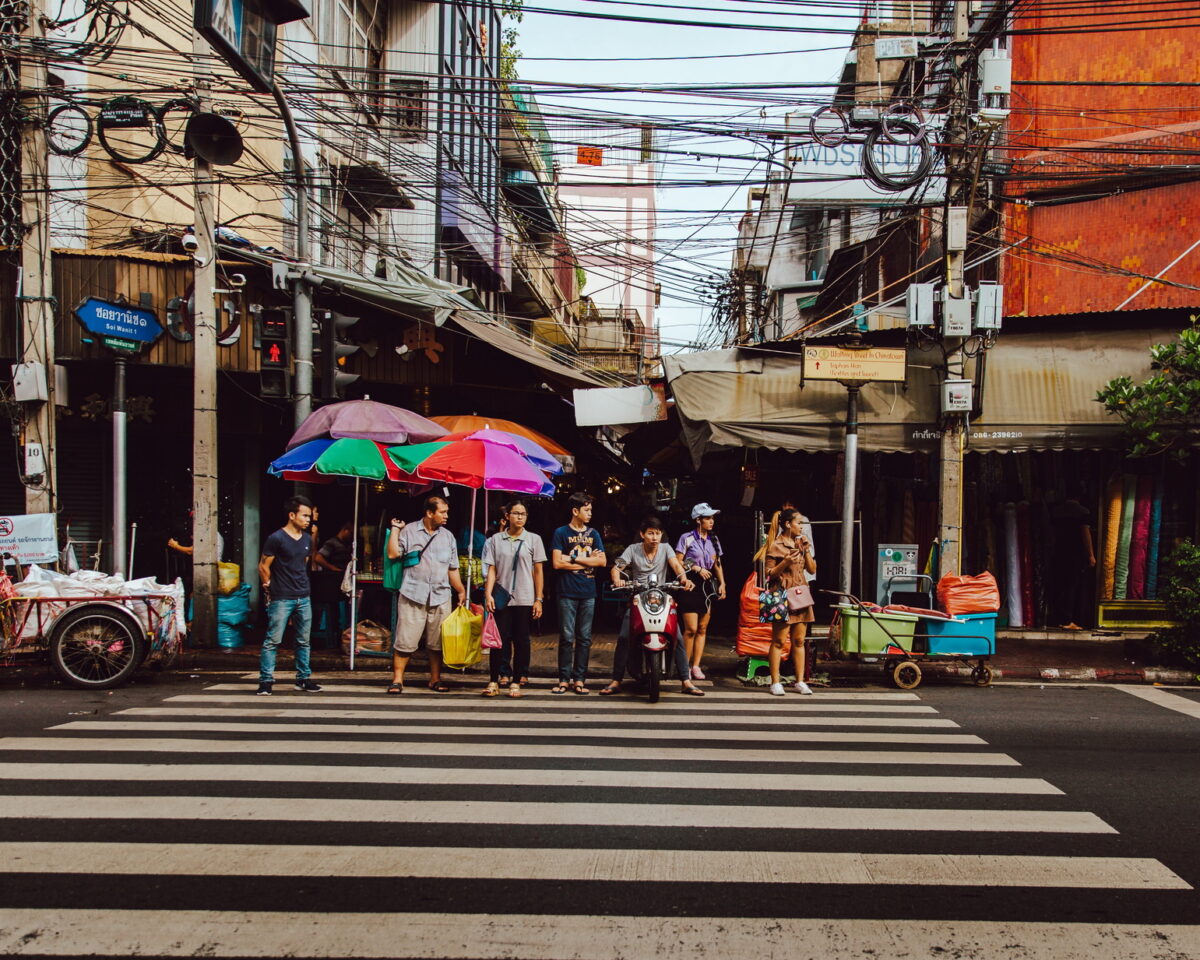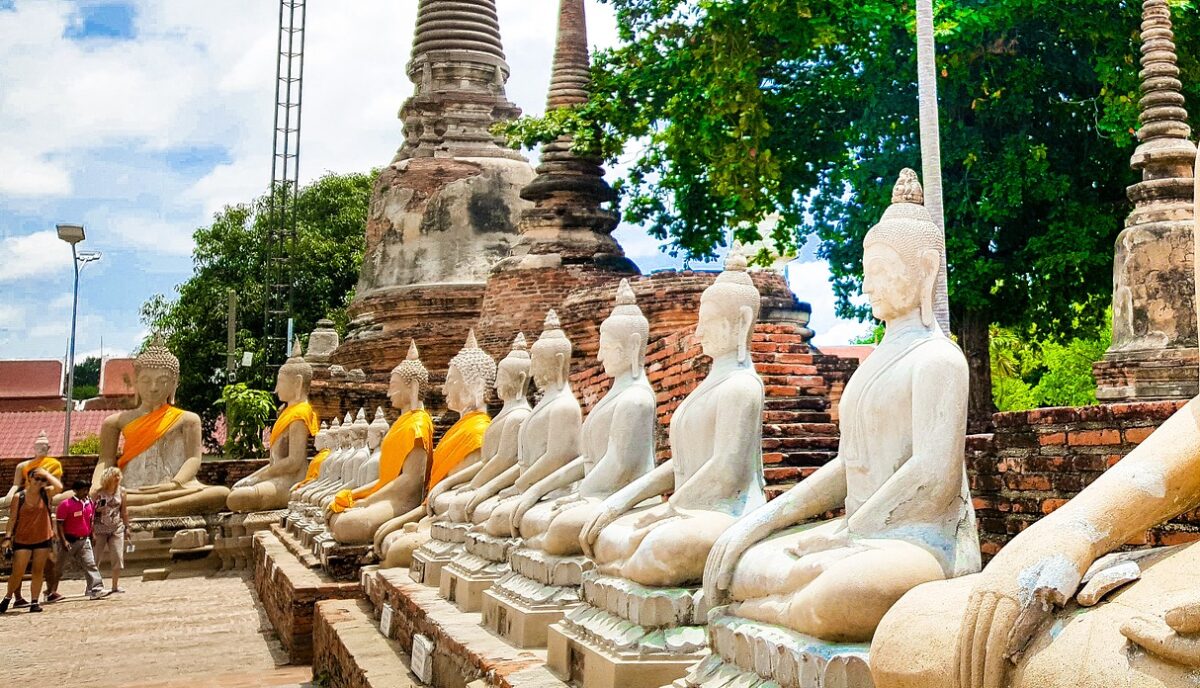It’s Sunday afternoon and I’ve just finished lunch with friends at a trendy new spot in the city following another predictable church service (three songs, 20-minute sermon, closing prayer). Now we’re going our separate ways to sabbath (i.e., nap, Netflix, watch football, grab a coffee).
There’s nothing overtly wrong with any of this. Our worship was sincere, our rest is necessary. But there are moments when everything about church feels comfortable. Too comfortable.
And perhaps this is because when someone stands before the congregation with a burden on their mind and a community on their heart, I tend to believe we aren’t just commissioning a mission worker, but a hero.
Of course, I do know mission workers aren’t heroes. They’re normal people leading surrendered lives — the same existence God calls all of us to, regardless of where we live or how we work.


But, after talking with a member of SIM’s Faithful Witness team in Ayutthaya, Thailand, I realised that many mission workers have seen themselves portrayed as other… namely, a superior, turbo-charged Christian with angel wings and a fast pass to the throne room.
Is this what John the Baptist felt when he declared: “After me comes the one more powerful than I”? Were the religious people of the day so fixated on the human before them, that they missed John’s prophesies about a Saviour come to restore them?
The Faithful Witness worker affirmed what I was beginning to sense from conversations with his team mates: admiration turned exaltation unnerves mission workers — deeply.
When we plant mission workers on a pedestal, we cement our feet to the ground below, assuming that we can’t invest our time, resources and energy quite so nobly.
Like many, I take myself out of the running because I see the Faithful Witness team in Thailand as courageous in ways I’m not. This is the opposite of what they intend. The Faithful Witness initiative is created to draw people in and to increase the community of believers sharing the message of Jesus with those who are living and dying without the gospel.
The more I talked to the FW worker, the more I appreciated his perspective. He’s learned that “hit-and-run evangelism” isn’t the approach. Being a mission worker is about abiding as a child of God and offering an authentic expression of Jesus to the world. It’s not about racking up a number of lives saved.
As he explains: “It’s possible to love people well and serve them genuinely, even if they never become Christians.”
Serving in missions means choosing devotion to the Lord over devotion to self.
When I ask him what this looks like in Ayutthaya for him personally, it entails relationships as he helps new team members acclimate and stewards connections with local pastors.
The population of Ayutthaya and the surrounding province totals almost one million, yet there are just 11 churches. “If you go in on a Sunday morning, you’re likely to see 30 people, on average … it takes a team to see an impact for God’s kingdom here.”
Along with Thai Christians, SIM’s multi-ethnic, multi-skilled workers are connecting with locals through ministry avenues such as teaching English, university outreach, sport, hospitality and community health work.
Caring for people is their chief job description, and the nuances of doing this in a honour-fuelled society that speaks a different language often yields frustration first, fruit second.
But the team persists. And in their persisting, I don’t see unattainable heroism; I see Christ and I see all of us. I see an invitation to inhabit foreign circumstances and call upon Jesus to transform fear into faith.
I see the chance to rise up each day and submit ourselves to a God who is far better at saving than we could ever be.
God’s saving grace may take the pressure off, but it doesn’t strip away our anointing. There are super-gifted people just sitting in pews for a whole host of reasons. Maybe some, like me, prefer to feel familiarity over vulnerability. But comfortable Christianity seems like a waste of the myriad talents and treasures God gave to each of us.
So, next Sunday, when my pastor prays his closing prayer and the lights come up, when the background music plays and people reach in their pockets for their keys, I will linger. I will stay. Instead of rushing out to my plans, I will make room for God’s plan.
It’s time to go from sitting in pews to speaking good news.
Pray
- For God to raise up more patient, persevering and pioneering workers to join the Faithful Witness initiative.
- For doors to keep opening up for the gospel to take hold in Ayutthaya.
- For the team to continue building relationships of trust in their Thai communities.